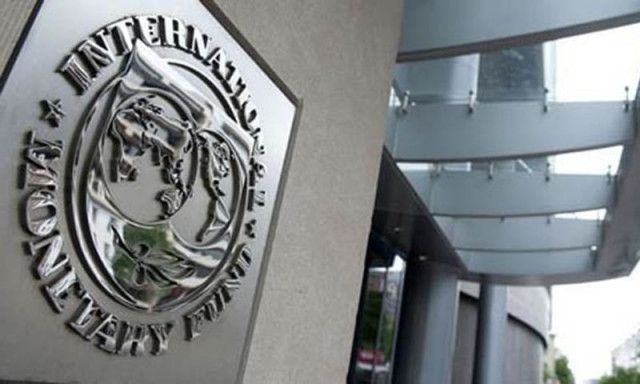Warning signs for the economy
The country is not due to receive any hefty amount of foreign exchange in the near future

The country is not due to receive any hefty amount of foreign exchange in the near future. PHOTO: AFP

A State Bank of Pakistan official felt the drop was due to remittances being sent home ahead of Eid, which fell at the start of July, and fewer working days during the month. He downplayed concerns over Brexit and workers losing jobs in Saudi Arabia. At one level, these arguments do make sense. But it should be noted that the overall growth in remittances registered a slowdown in fiscal 2016, and there is no denying that there is added pressure since falling oil prices have held back spending from various governments. Job losses aside, pressure on remittances from workers and a downturn in the world economy, which has led global financial institutions to revise growth figures, will add pressure on Pakistan’s favourite foreign exchange revenue source. When such news is coupled with already-falling exports, the future looks slightly hazy — even if you have over $22 billion in your account. The oil supply glut will not persist forever and prices may recover to an extent. When they do, the import bill will increase straightaway. However, remittances may take longer to grow. Incentives for exporters, announced in the federal budget, are also unlikely to result in the increase Pakistan was hoping for. Structural concerns as well as competitiveness issues are likely to remain impediments for the economy going forward. These need to be tackled now.
Published in The Express Tribune, August 12th, 2016.
Like Opinion & Editorial on Facebook, follow @ETOpEd on Twitter to receive all updates on all our daily pieces.















COMMENTS
Comments are moderated and generally will be posted if they are on-topic and not abusive.
For more information, please see our Comments FAQ